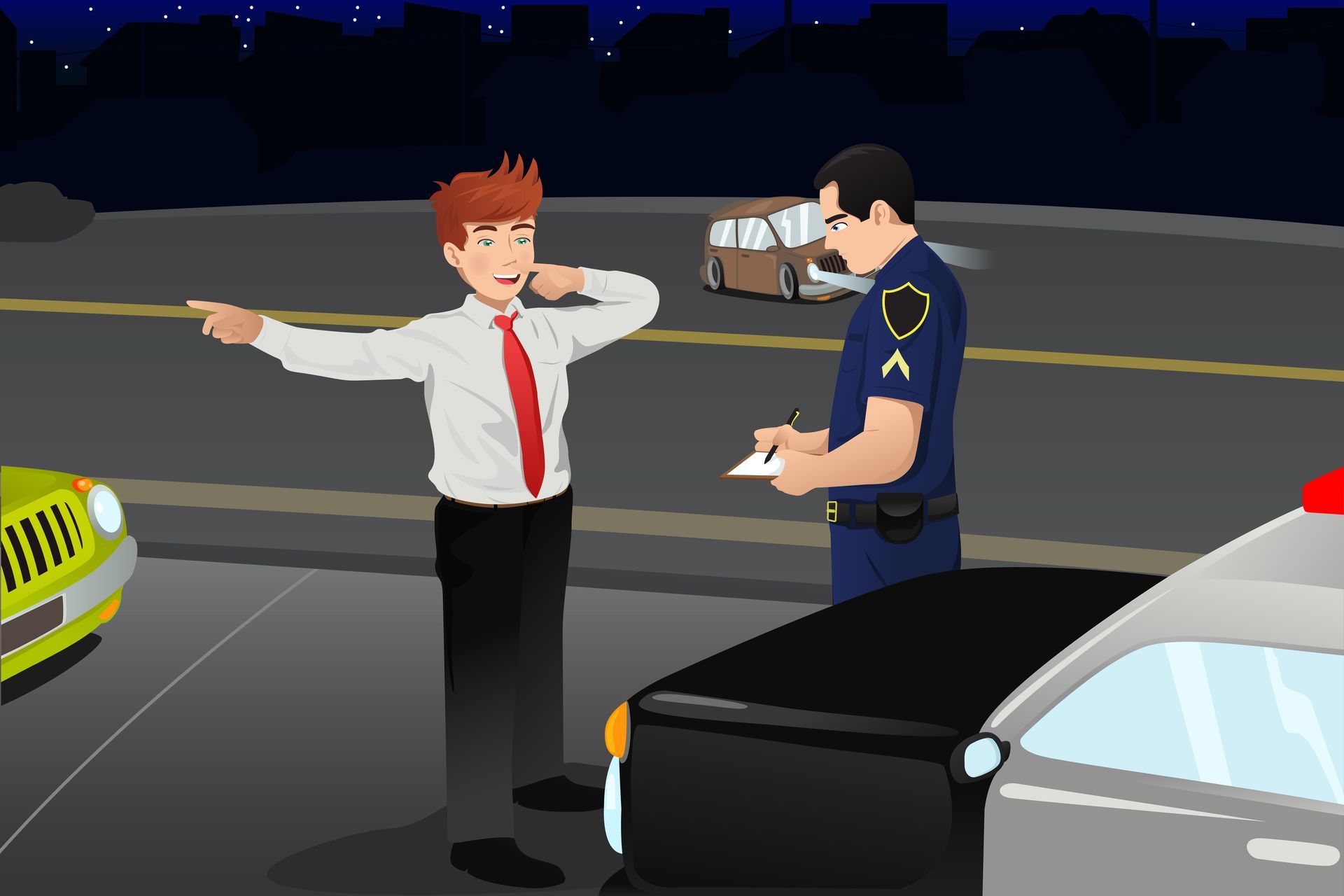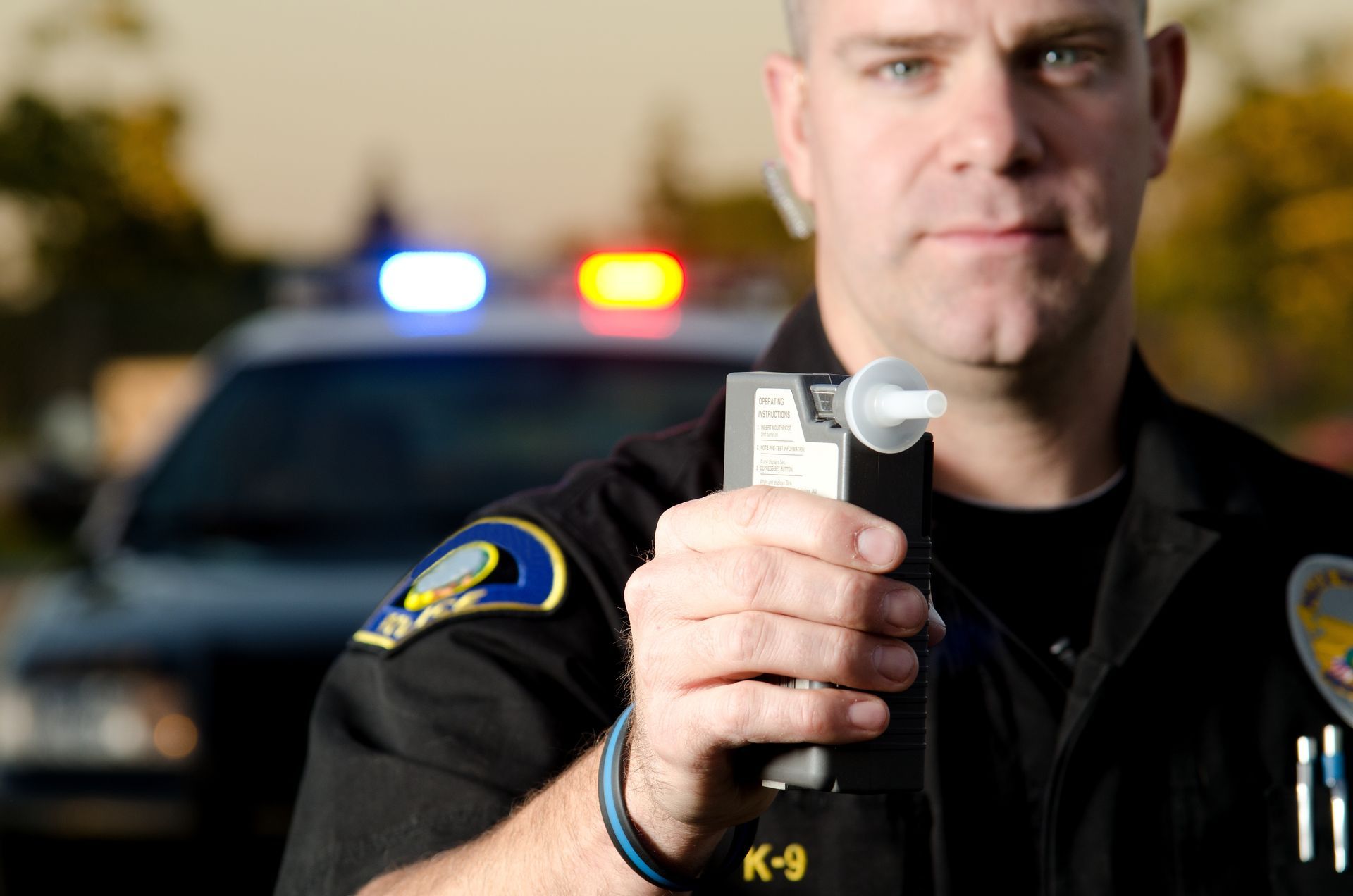What Is Entrapment and When Can It Get a Case Thrown Out in Arizona?

Entrapment is an affirmative defense, which means the defendant admits the prosecution’s case is true but offers an excuse that, if proven, could lead to a dismissal or acquittal. A successful entrapment defense involves proving that law enforcement actively pressured or persuaded someone who wasn’t otherwise inclined.
If successful, an entrapment defense can get a criminal case dismissed or lead to a not-guilty verdict. However, it is a narrow defense path that only applies in certain situations and requires compelling evidence.
What Is Entrapment?
Under Arizona law (ARS 13-206), entrapment happens when police or law enforcement agents induce someone to commit a criminal offense they were not predisposed to commit. This means law enforcement used persuasion, threats, harassment, or other pressure tactics to push the defendant into committing a crime they otherwise wouldn’t have.
Law enforcement giving someone an opportunity to commit a crime is typically not enough for a successful entrapment defense. For example, an undercover officer offering to buy drugs or posing as a sex worker is allowed under the law. What crosses the line is when that officer pressures, badgers, or manipulates a person into doing something they weren’t already inclined to do.
Where the line is between pressuring and simply giving an opportunity can be blurry in some circumstances, and it’s up to defense lawyers to make the case that certain police behaviors cross the line.
How Can Entrapment Be Used in Your Defense?
To prove entrapment, the defense must show not only that the government induced the crime but also that the defendant lacked the predisposition to commit it. That’s why it’s critical to have a skilled criminal defense attorney who knows how to analyze police tactics, gather evidence, and present a compelling argument in court.
Most Common Types of Cases Where Entrapment May Apply
- Prostitution stings: Undercover officers pose as sex workers in person or online, and defendants argue they were pressured into agreeing to something they wouldn’t have otherwise considered had they not been badgered by the officer.
- Drug sales or
delivery: Law enforcement or informants push or coerce someone to transport or sell drugs, especially when the person wasn’t already involved in drug dealing.
- Online solicitation of minors: Police posing as minors in chat rooms or on apps, where defendants claim they were encouraged or baited into conversations or meetings.
- Weapons or contraband sales: Undercover buys or sales involving illegal firearms or restricted items, where the defendant claims they were pressured into the transaction.
While murder-for-hire stings sometimes appear in the news, they’re rare in real life and not among the most common cases where entrapment defenses are used.
What Is Not Entrapment?
Courts have consistently ruled that simply providing an opportunity to commit a crime is legal. For example:
- Police posting ads for illegal services or goods and waiting for people to respond.
- Using bait cars or leaving property unattended to catch thieves.
- Undercover officers offering to buy drugs or other contraband without pushing or harassing someone to complete the deal.
The critical difference is whether the idea and motivation came from the defendant or the government. In the above examples, the government just provided an opportunity to someone who already planned or was motivated to commit the crime.
Why You Should Consider Calling an Experienced Criminal Defense Lawyer if You Think You Were Entrapped
Entrapment is a complex and highly technical defense. Even if you believe the police acted unfairly or crossed ethical lines, proving legal entrapment requires a detailed understanding of Arizona law, police procedures, and courtroom strategy.
An experienced criminal defense lawyer can investigate the circumstances of your case, identify whether law enforcement crossed the line into unlawful inducement, and gather the evidence needed to challenge the charges.
Overworked public defenders or high-volume criminal defense lawyers who focus on plea deals may not have the time, experience, or disposition to put in the investigatory time needed to build a successful entrapment defense. Michael Alarid III, an Arizona Board-Certified Specialist in Criminal Law, can look at your case and explain whether an entrapment defense is an option for you.
Find Out If Your Case Is Eligible for an Entrapment Defense
If you believe you were pressured or induced by law enforcement to commit a crime in Arizona, especially if you had no motivation or intention to commit a crime prior to police inducement, contact the Law Office of Michael Alarid III.
Call (602) 818-3110 or reach out online to schedule a free, confidential consultation and get the experienced defense you need.



